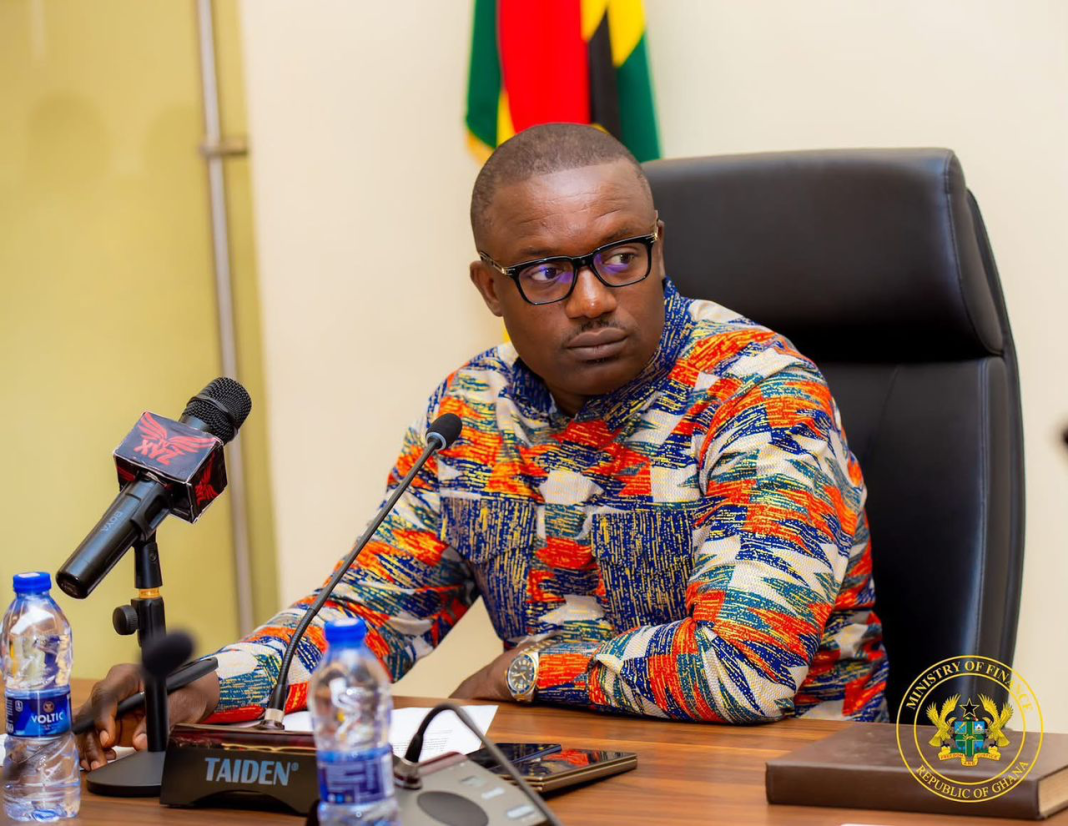Economist Professor Godfred Alufar Bokpin says the worsening energy crisis should no longer be treated as a political issue.
He warns that failure to urgently reform the sector under the IMF programme could cripple the economy.
Speaking on Newsfile on Saturday, May 17, he said the crisis is now more alarming than illegal mining and threatens the foundation of any serious economic plan.
“I’ve said it before that, apart from irresponsible mining, including illegal mining, what causes me sleepless nights is the energy sector,” he declared.
“We’ve seen both the NDC and NPP manage this sector. And frankly, we can no longer do politics with it.”
Prof. Bokpin said the track records of the two main political parties show that neither has resolved the fundamental issues that continue to sink the power sector.
“Clearly, they are all saying the same thing—that there are fundamental issues that need to be resolved. That gives me comfort because we are at a stage where politicisation doesn’t help.”
He warned that the distribution losses of the Electricity Company of Ghana are now dangerously high.
“The distribution losses on the books of ECG are way above the world average. It’s about some 40%, which is very high.
“Even if you are doing 15%, it is very high. With that level of losses, in economics, you cannot talk about realistic pricing. You cannot pass on all those losses to the ultimate consumer.”
He also raised concerns about the revenue collection gap.
“We are looking at close to 15% in collection losses. That’s above the world average. It’s not sustainable.”
Beyond these, he said, pricing, tariff gaps, and the refusal of government entities to pay their bills only make things worse.
“You’ve heard the minister say that it’s about time ministries, departments, and agencies take responsibility for their energy consumption,” he said.
“Then you also want to add sensitive installations of government where they don’t pay electricity bills. Somebody once reminded me, have I noticed where ice blocks come from in this country for pure water sellers? Somebody said it’s probably from police stations. I’m not saying this is true, but these are the questions being asked.”
He painted a bleak future if the current structure remains unchanged.
“If you put all these things together—MDAs not paying, collection losses, distribution losses, pricing inefficiencies—there is no way we can see a future in this direction.”
Prof. Bokpin questioned the government’s push for a 24-hour economy in light of the current crisis.
“Here you have a government talking about a 24-hour economy. You are not even getting power for your eight-hour economy, and you are talking about a 24-hour economy?”
He proposed involving the private sector in the downstream distribution chain while maintaining government ownership.
“I believe we should support government in some kind of private sector participation in downstream distribution. That may be different from saying we are selling ECG.
“Government can still be the sole shareholder, but we must invite the private sector in power distribution and collection. Let them bring capital and efficiency.”
He was clear that the status quo is not working. “On this current model, I don’t think it is sustainable.”
Prof. Bokpin said structural reforms tied to the IMF programme demand that government act now.
“There are clear indicators that government has to meet as part of our ongoing IMF-supported programme. I know cabinet has to take a decision on ECG in terms of private sector participation. And I believe that government must communicate this clearly to Ghanaians.”
He urged transparency and urgency. “We are at a point where delay is dangerous. Let us take this out of politics and fix it—for real.”
DISCLAIMER: The Views, Comments, Opinions, Contributions and Statements made by Readers and Contributors on this platform do not necessarily represent the views or policy of Multimedia Group Limited.
DISCLAIMER: The Views, Comments, Opinions, Contributions and Statements made by Readers and Contributors on this platform do not necessarily represent the views or policy of Multimedia Group Limited.
